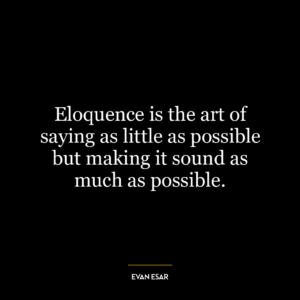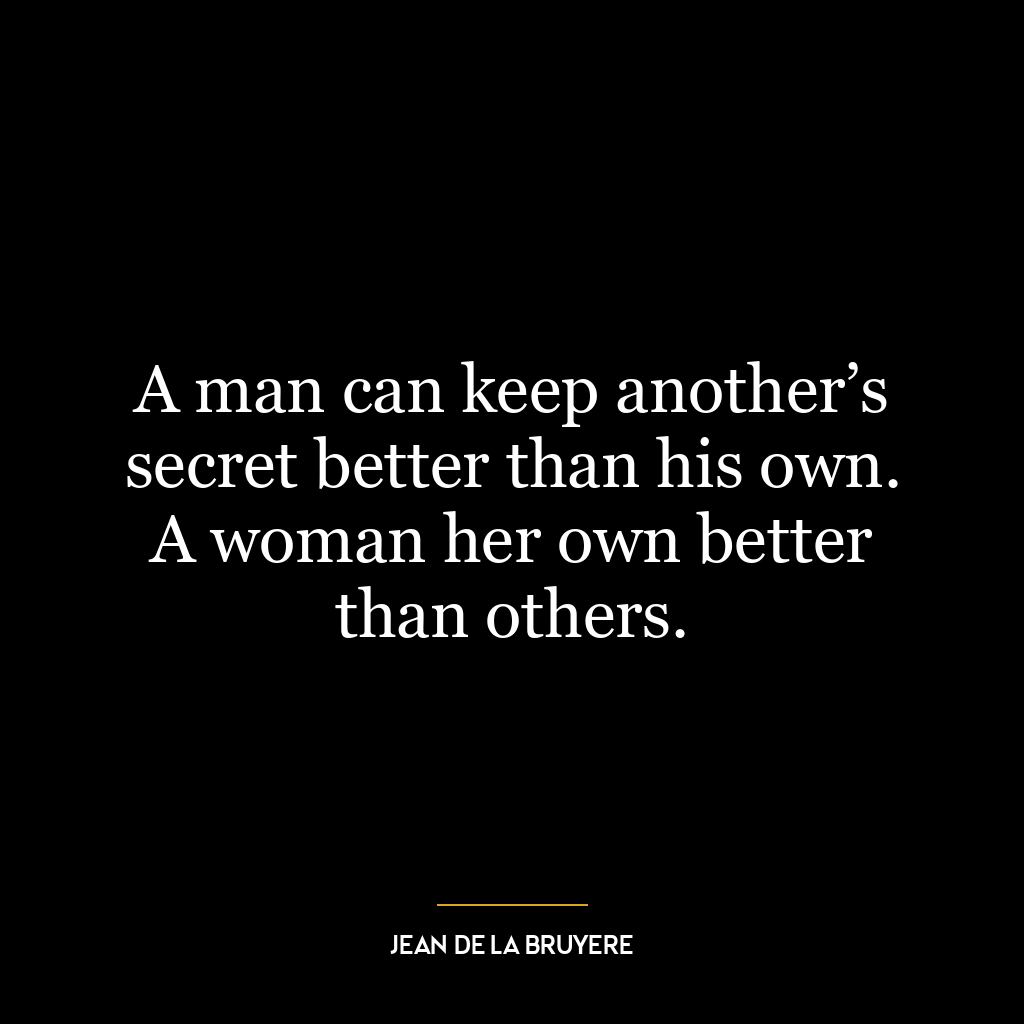This quote humorously encapsulates the concept of conscience as a form of self-governance, which impels individuals to admit their mistakes before they get caught. The scenario used involves a boy who, aware that his sister knows of his wrongdoing, decides to confess to his mother first. This is not just to avoid the consequences of his actions, but also because his conscience compels him to own up to his actions. The boy’s confession is an attempt to control the narrative of his wrongdoing and to take responsibility for his actions.
In this quote, the conscience is portrayed as an internal moral compass that guides our actions and decisions. It nudges us towards honesty and integrity, even when it would be easier or more advantageous to remain silent or lie. It’s about being accountable for one’s actions, even if one could potentially get away with them.
In the context of today’s world, this quote is especially relevant. In an era where information is easily accessible and can spread quickly, transparency and honesty are paramount. Whether it’s a politician owning up to a mistake before it becomes a scandal, a company admitting a fault before it becomes a PR disaster, or an individual confronting their own shortcomings before they escalate, the principle remains the same. Owning up to mistakes not only helps to maintain trust and credibility but also provides an opportunity for growth and learning.
In terms of personal development, this quote underscores the importance of self-awareness and integrity. It encourages us to listen to our conscience, to take responsibility for our actions, and to strive for honesty in all our dealings. It suggests that personal growth comes from acknowledging our faults and learning from our mistakes rather than hiding them. This approach ultimately leads to a stronger character and a more authentic self.















